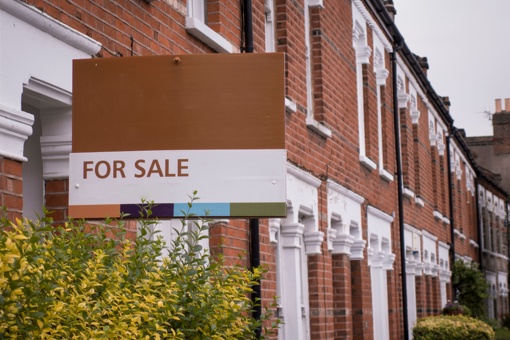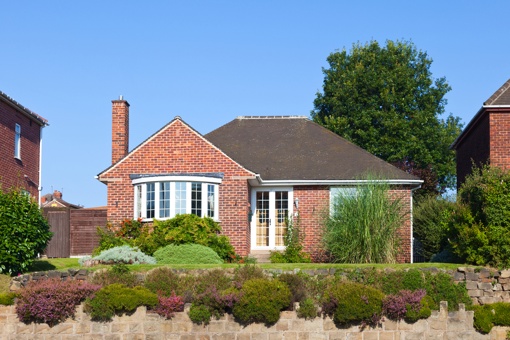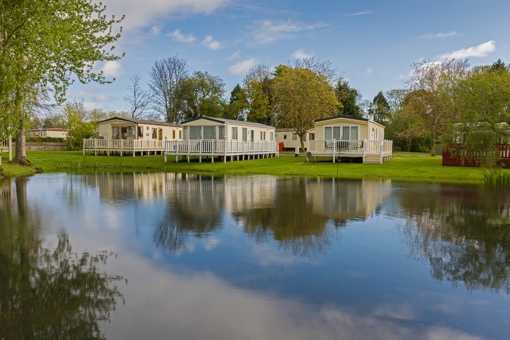There are a number of reasons to consider downsizing to a smaller home. Most of the time, downsizing – or “rightsizing” – is triggered by children flying the nest, leaving parents with more room than they need or can manage. Other reasons for looking to downsize home include releasing cash or equity tied up in a property, in order to increase their finances. This may be due to helping children to pay for university fees, or even giving children a hand when putting down a deposit on their first home, for example.
However, one of the most popular reasons for downsizing is due to retirement, when many find themselves “asset rich and cash poor”. Therefore, by selling their larger home, extra money is readily available in their bank account to boost their pension fund, which is often small. But, despite this, there is no “right” or “wrong” time to move houses. Whatever your reason, there are several advantages to downsizing your home – what are they?
Table of Contents:
 Photo credit: Willy Barton / Shutterstock
Photo credit: Willy Barton / Shutterstock
The benefits of downsizing to a smaller home
– Increase funds
Money is one of the most common reasons people cite for moving to a smaller home. Homeowners may opt to downsize to a smaller and cheaper house with reduced monthly outgoings, to help save money to pay off any debts or outstanding bills.
It is worth noting that if you find yourself “asset rich and cash poor”, if you are over 55 years old and reside in a UK property worth at least £70,000, you may be able to release equity in your home. You can find out more about this process from Martin Lewis, via Money Saving Expert.
– Aid health issues
For homeowners who may have problematic health issues, it is highly beneficial to move to a smaller home to reduce strain. For instance, homeowners who may struggle to walk up or down stairs may find it useful to move to bungalow instead, where the home is just one level. However, depending on the severity of the health issues, it may also be beneficial to move into a retirement village, or sheltered accommodation.
– Easier home to maintain
Decorating, repairing and cleaning a large home comes at a cost – not to mention time too. Therefore, downsizing for older homeowners can also be a sensible option, as keeping on top of these repairs can become increasingly difficult. Consequently, this means that you will have more spare time on your hands to partake in hobbies and socialise, making the most of your retirement.
 Photo credit: Ewelina Wachala / Shutterstock
Photo credit: Ewelina Wachala / Shutterstock
What to consider before downsizing your home?
Downsizing is not just an option for the elderly or people with health issues, it could be due to raising capital in order to clear any outstanding debts, for example. But let’s get one thing straight, downsizing to a smaller home can be a tough decision to make, so what should you think about before taking the plunge?
So, what should you consider before downsizing to a smaller home?
– Ensure you’re making the right move
Before purchasing a new home, carefully consider the area you would like to move into and what kind of home you would prefer – would your needs suit a bungalow? Do you need a spare bedroom for visiting family or friends? But bear in mind that you may end up paying a premium for a home in an area with good transport links or amenities, or retirement hotspots such as Dorset or Devon. This could mean you end up spending more on your new home, despite downsizing and hoping to put aside some money.
If you are hoping to move into a bungalow due to the ease of living on one level, you may find that these are in short supply due to the stark rise in the UK’s ageing population. Instead, you may want to consider other options, such as retirement villages – typically for over 50s only – or sheltered accommodation, depending on your wants and needs.
 Photo credit: Bahadir Yeniceri / Shutterstock
Photo credit: Bahadir Yeniceri / Shutterstock
– Remember to get advice
Whatever your reason for downsizing, you should seek financial advice before proceeding. This can be particularly helpful to ensure you are calculating all of the costs involved and won’t be worse of financially afterwards.
According to research by Saga, an over-50s insurance firm, the cost of moving home can reach as much as £30,000. This includes fees such as:
- Stamp duty
- Estate agent fees (You may want to sell your home yourself instead)
- Surveys
- Legal costs
- Removal fees
- Refurbishment costs
Although, according to Estate Agency Hamptons International, homeowners who downsize to a smaller home release an average of £115,000 when they move. This is entirely dependent on each property though, so it is worth asking for some advice from a professional to help you figure out your own finances to see if it is worth it.
Alternatively, if you are selling because you need cash quickly, another option is using a “we buy any house” scheme. Going down this route means that companies propose a cash offer, and if you accept the cash can be with you in a matter of days.
Bear in mind, if you choose to go down this route, ensure you are using legitimate companies, such as Fast Sale Homes, to ensure you are not being scammed.
Feature image credit: INDz / Shutterstock




